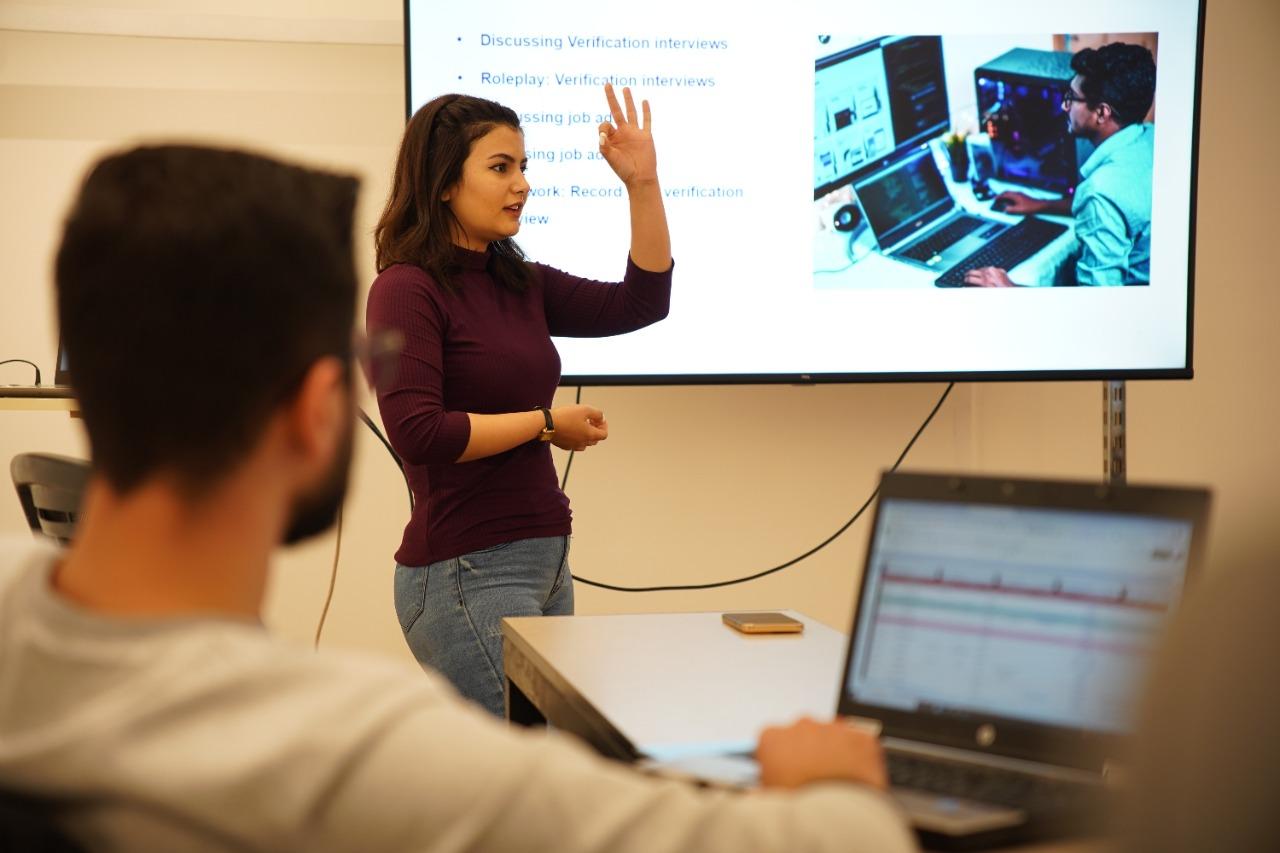
Abstract:
The report provides an in-depth analysis, addressing the unique challenges and opportunities faced by educators and learners in Iraq.
Why English matters in Iraq
English is a critical skill in Iraq's educational system and labour market. With a history of conflict resulting in widespread displacement and disrupted schooling, the need for effective English education has never been greater. This report highlights how improving English proficiency can enhance employability, support national development, and foster global connections.
Findings and insights
The report presents a thorough analysis of ELT in Iraq, based on extensive desk-based and field research. Important themes include the status of English, the provision of language learning, teacher profiles, learner attitudes, and learning outcomes. It also explores the impact of multilingualism and displacement on English education.
Formal and non-formal education
In formal education, the report covers mainstream government schools at primary, secondary, and tertiary levels. It reveals significant regional disparities and emphasises the need for consistent, high-quality English curricula and teacher training.
Non-formal education, provided by NGOs and community organisations, plays a crucial role in reaching marginalised communities. The report examines how these programmes can complement formal education and address gaps in access and quality.
Recommendations
The British Council offers 28 targeted recommendations to enhance ELT in Iraq, addressing both policy and practice. These include:
- Developing comprehensive pre-service and in-service teacher training programmes to ensure educators are well-equipped with modern teaching methodologies
- Enhancing English curricula with communicative, learner-centered approaches that emphasise practical language use and critical thinking skills
- Promoting inclusive education that supports girls, disabled students, and displaced learners, ensuring equal access to quality English education for all
- Using digital platforms and mobile technology to facilitate continuous professional development for teachers, especially in remote areas
- Integrating psycho-social support within ELT frameworks to address the emotional and psychological needs of students affected by conflict and displacement.
These detailed recommendations aim to create a robust and inclusive English language education system in Iraq.
The full PDF of the report is available to download below.
To cite this publication:
Borg, S., & Capstick, T. (2024). Iraq – Understanding English language teaching and learning. British Council. https://doi.org/10.57884/P0XB-4S40